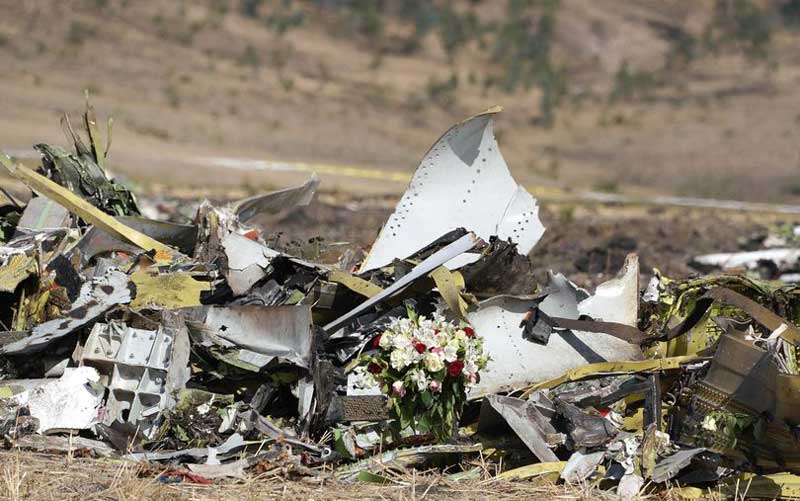×
The Standard e-Paper
Home To Bold Columnists

Investigators into a Boeing 737 MAX crash in Ethiopia that killed 157 people have reached a preliminary conclusion that an anti-stall system was activated before the plane hit the ground, according to reports.
The Wall Street Journal reported on Friday that preliminary findings from the "black box" recorders were subject to revisions, adding a preliminary report from Ethiopian investigators was expected within days.